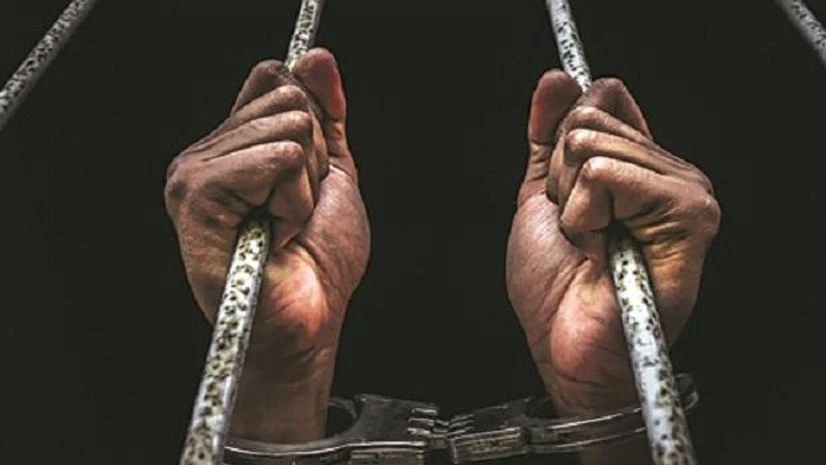If it were not for the grinding poverty he has faced all his life and the lure of a payment of Rs 2,000 — the most he had earned in a day — Sohan (name changed), an undertrial from southwest Bihar’s Munger district, would not have had to spend 18 months in Nagpur central jail.
He was arrested in January 2019 and charged under the stringent Maharashtra Control of Organised Crime Act for a first-time offence of carrying firearms and accompanying an accused who was part of a gang.
Sohan, a non-literate person with a disability due to polio, is from the Mallah community (traditionally fishermen and boatmen), categorised as an ‘Extremely Backward Class’ in Bihar.


A poor migrant from a marginalised caste, Sohan was finally given bail in November 2019, on the condition that he provide a local surety of Rs 50,000, but lacking any ties with the local community, he found it impossible to meet the requirement. He remained in jail until his eventual release in August 2020, at the peak of the Covid-19 pandemic.
All undertrials, except those with privilege, endure difficulties in engaging with the justice system, but those who are from other states without local ties, like Sohan, find it even harder, according to a report by Project 39A, a criminal justice research and litigation centre part of the National Law University, released on March 18, based on its Fair Trial Fellowship programme.
The report presents data based on legal aid work from January 2019 to March 2021 in Pune and Nagpur central jails. The report concluded that for the judicial system, migrants — who also lack documentary proof — were characterised as having a “lack of ties within the community” which was an impediment to bail compliance “even in petty cases”.

)
